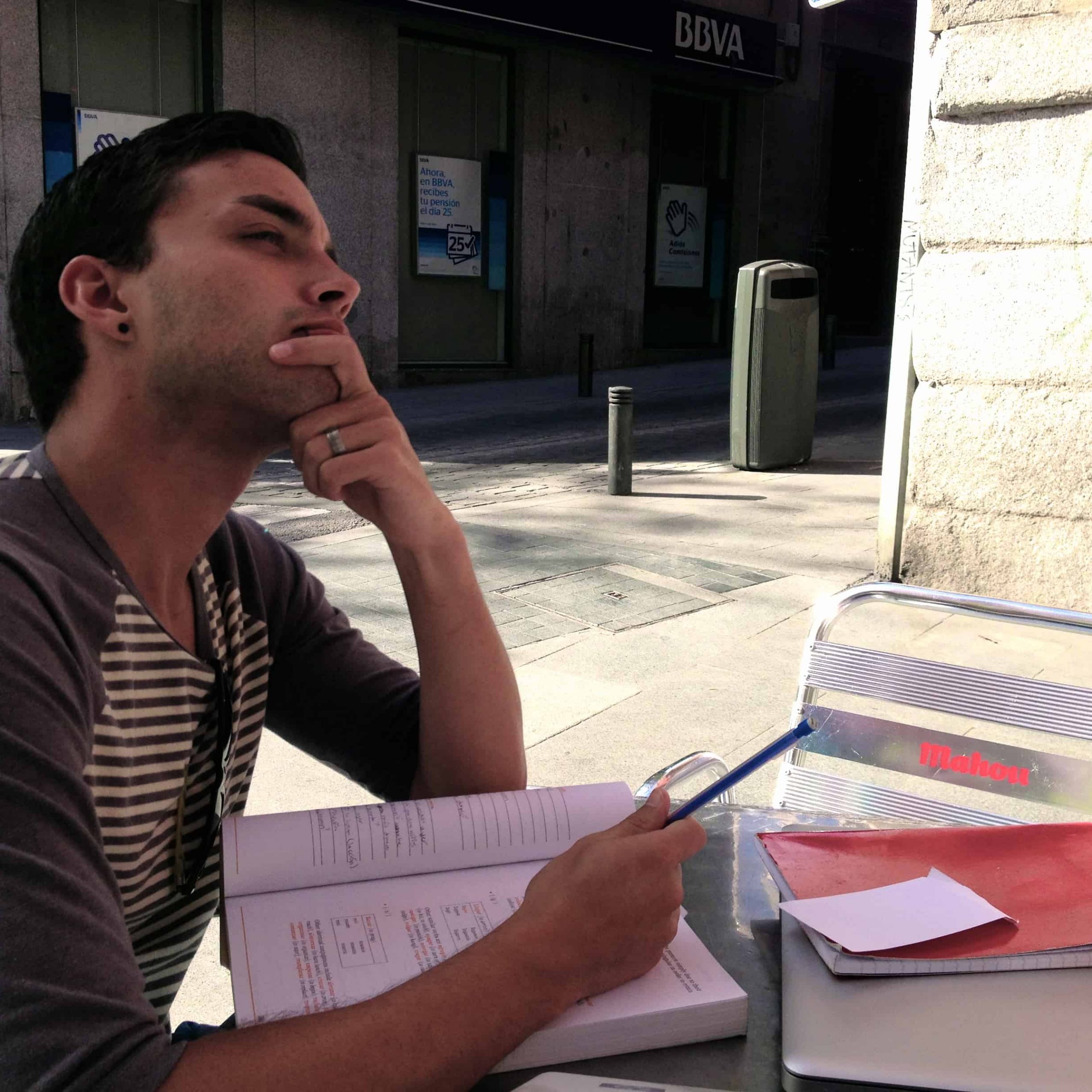Traveling as a student is always thrilling and exciting. Young people get to live their dreams, try different adventures, and exhilarate their personal growth, cultural immersion, and academic exploration. However, amid the excitement, personal safety should stay their absolute priority.
Whether planning a semester abroad, a weekend escapade, or a road trip, adopting essential safety measures can significantly enhance your travel experience. Let's see some practical tips that will empower students to confidently navigate the world, embracing the opportunities that travel offers while safeguarding their well-being.

Research Your Destination
Before you set foot in a new location, take the time to research and familiarize yourself with the area. For instance, if you want to study abroad, read the tips at freeyork.org. You should learn about the local culture, customs, and laws. Identify safe neighborhoods and be aware of any areas that might pose potential risks. Use online resources, travel forums, and guidebooks to gather information about the destination's safety record, healthcare facilities, and emergency services.
Stay Connected
Maintain communication with friends and family back home. It is essential that someone you trust has all the info on where you are, where you are going, where you stay, etc. These people become your safety net during your travels. They will be the first to notice if something goes wrong and act as your emergency contacts. Plus, you help your loved ones not to worry about you so much since they always know where you are.
Secure Your Belongings
Keep your belongings secure to avoid theft or loss. Invest in a durable travel lock for your luggage and consider using anti-theft backpacks or purses with hidden compartments. Be cautious with valuable items like electronics, passports, and money. Use hotel safes when available and avoid displaying expensive possessions in public.

Use Reliable Transportation
Whether taking public transport, rideshares, or renting a vehicle, prioritize reputable and well-reviewed transportation options. Research the local transport system and plan your routes in advance. Be cautious when using rideshare apps, ensuring that the vehicle details match the information on your app, and share your ride details with a friend.
Stay Informed
Check for updates on local news and stay informed about current events and travel advisories to be aware of any changes in the political or social landscape. Stay connected with your country's embassy or consulate, and register your travel plans with them. Being well-informed allows you to adapt to evolving situations and make informed decisions, enhancing your overall safety while traveling.
Trust Your Instincts
Experienced travelers always trust their gut instincts. So if something is off to you or you don’t feel safe in the given situation – leave. It’s okay to listen to your instincts for a reason sometimes. As a traveler, you are often new to many situations, locations, and people. You discover the world for the first time. Your intuition is a powerful tool that replaces the need for knowledge in this scenario. Trust it. Listen to it. Remove yourself from any risky situation if it tells you to.

Stay in Groups
There's strength in numbers, and traveling in a group can enhance your safety. Whether exploring a new city or hiking in nature, try to have a buddy or travel companion. Avoid isolated areas, especially at night, and be cautious about accepting invitations from strangers.
Keep Emergency Information Handy
Always look up the contact information of local authorities and embassy/consulate details. You need to have those emails and addresses written by hand just to be sure. You never know when you may need such help. However, whenever you do need to call an embassy, it is often an emergency. Also, as far as your academic performance goes, save an emergency contact of the Speedy Paper helper for when you need urgent assignment help.
Mind Your Documents
Keep your travel documents, such as passports, visas, and student IDs, up to date and kept in a secure location. Consider making copies or digital backups and storing them separately from the originals. These digital duplicates will help you restore your identity and facilitate the getting of replacements.
Cultural Sensitivity
Respect the local culture and traditions of the places you visit. Dress appropriately, follow local customs, and be mindful of your behavior. Understanding and appreciating the cultural nuances can contribute to a more positive and safe travel experience.

Prepare for Emergencies
While maintaining an optimistic outlook is crucial, preparing for unexpected situations is equally vital. Familiarize yourself with emergency protocols in your accommodation, identify evacuation routes in unfamiliar areas, and acquaint yourself with local emergency services. This proactive approach ensures you can respond calmly and effectively in the face of unforeseen circumstances.
Learn Basic Phrases
Learning a few basic phrases in the local language can go a long way, including your safety and overall travel experience. Being able to communicate for directions, emergencies, or simple greetings can make interactions smoother and help you connect with locals.
Bottom Line
The journey of student travel can be both transformational and rewarding, provided safety remains a top priority. As you embark on your adventures, armed with the knowledge and practices shared here, you can confidently explore new horizons. Let your travels be marked by personal growth, cultural enrichment, and academic discovery, all within the secure framework of these essential safety guidelines. May your student journey be filled with unforgettable experiences! Safe travels!




Comment (0)